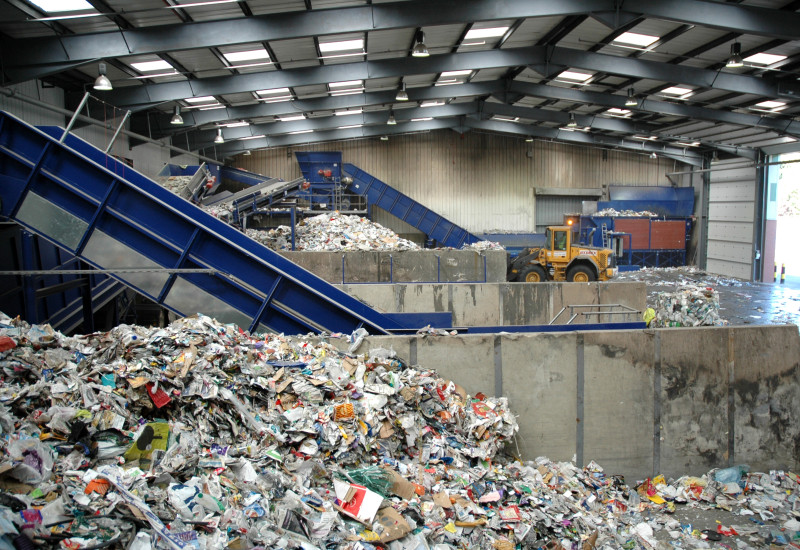German government statistics concerning transfrontier shipment of wastes show that such transactions mainly involve neighboring countries, with the lion’s share of waste originating from the relevant border regions. The mean transport distance between the location at which waste originates and its recovery or disposal destination is less than 500 kilometers. read more
waste shipment
Waste | Resources
Information requirements
Green-listed wastes can be shipped transfrontier without written consent. Such movements must be documented using the form “Consignment Information”, insofar as not otherwise stipulated by Regulation (EU) No. 1418/2007. read more
Waste | Resources
Focal Point to the Basel Convention (Germany)
The Focal Point to the Basel Convention in Germany, which was established under the Waste Shipment Act (AbfVerbrG), issues permits for transfrontier shipment of wastes through Germany, answers queries, and advises businesses and government agencies. read more
Waste | Resources
Notification procedure
Transfrontier shipments of non-green-listed wastes are subject to a prior written notification and consent procedure. This also applies to wastes for which a permit is required. read more
Waste | Resources
Transfrontier shipment of wastes
As late as the mid 1970s, hazardous waste has been disposed of illegally in Germany and abroad. This scandalous situation prompted a worldwide desire to ban or control transfrontier waste shipments. The ensuing lengthy political process resulted in a complex system of regulations at the national, European and international level. read more
Waste | Resources
Waste management
Waste management is responsible for the entire waste cycle: from waste prevention, re-use and recycling to recovery and disposal. Their tasks include collection, transport, ,sorting and treatment of waste. read more







